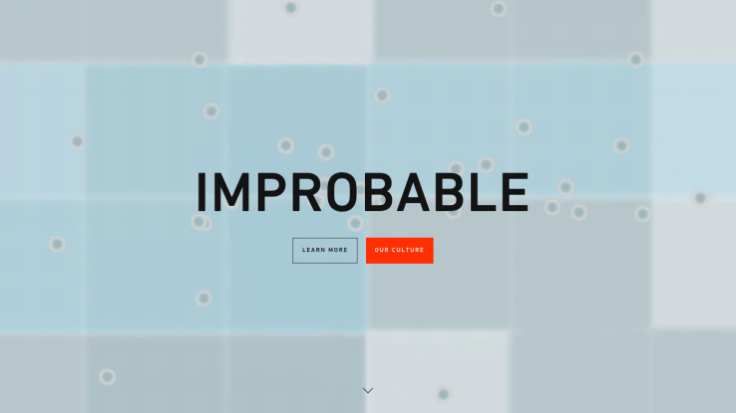Improbable: London virtual reality firm lands $20m investment from Facebook backer

Improbable, a London-based virtual reality company, has received $20 million (£13.5m, €18.3m) of investment from prolific tech startup backer Andreessen Horowitz (AH).
Founded at Cambridge University by computer scientists herman Narula and Rob Whitehead, Improbable provides a platform for developers to create large-scale simulations, such as the environment of a virtual reality game. Such games and other VR experiences are then viewed through headsets like the Oculus Rift or Samsung Gear VR.
For developers of VR, Improbable's product simplifies issues such as managing load across servers, handling scale, and simplifying the development of code. The obvious reason for Andreessen Horowitz to invest in Improbable is for its VR capabilities, given the rise of companies like Oculus, which was purchased by Facebook in 2014 for $2bn.
A $4bn venture capitalist firm based in California, AH has made over 360 investments in almost 250 companies, including Box, Facebook, Airbnb, Groupon, Jawbone, Oculus, Pinterest, Skype and Twitter.
The Improbable team said in a blog post it is "creating an operating environment that makes simulated worlds possible. [These] are digital spaces that can run in real time containing millions of entities with interesting behaviour that work in concert to create functioning worlds... We think simulated worlds can be used to solve problems in areas as diverse as defence, healthcare, economics and entertainment."
Based in Farringdon, central London, Improbable says the fruits of its labour will first be seen in games. "We think there are all kinds of incredible experiences that game developers can build with our technology – experiences which, as gamers, we've always wanted to see. We are partnering with a carefully selected group of studios to help us experiment."
But there is more to it than that. AH partner and early Oculus investor Chris Dixon, who joins the board at Improbable as part of the deal, said: "Beyond gaming, Improbable is useful in any field that models complex systems — biology, economics, defense, urban planning, transportation, disease prevention, etc. Think of simulations as the flip side to 'big data'.
© Copyright IBTimes 2024. All rights reserved.







